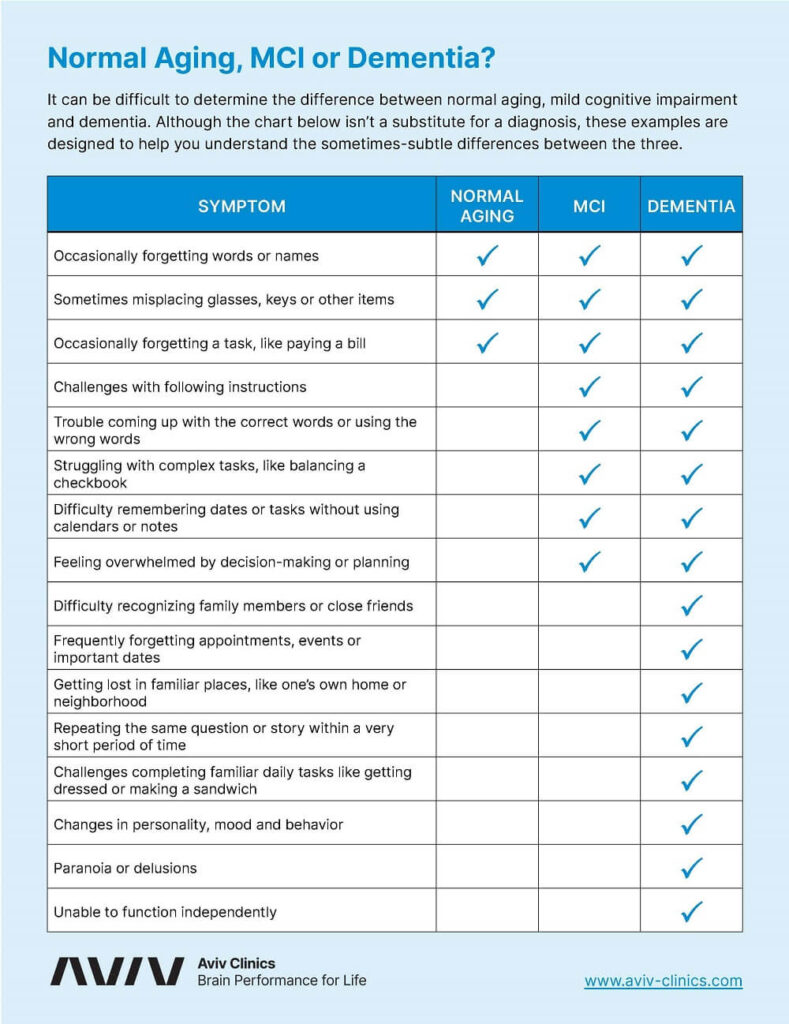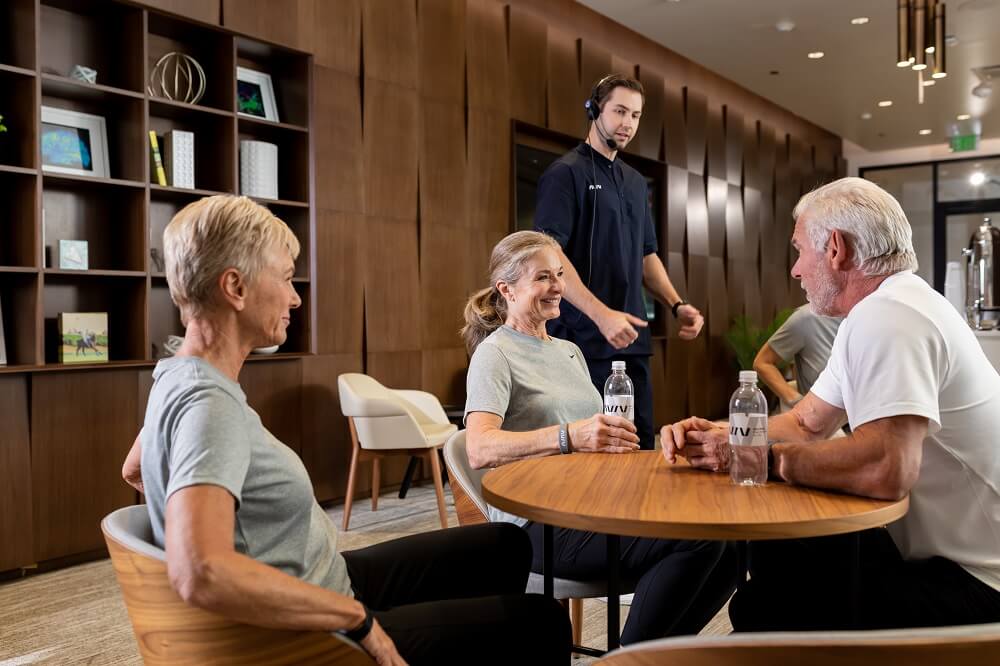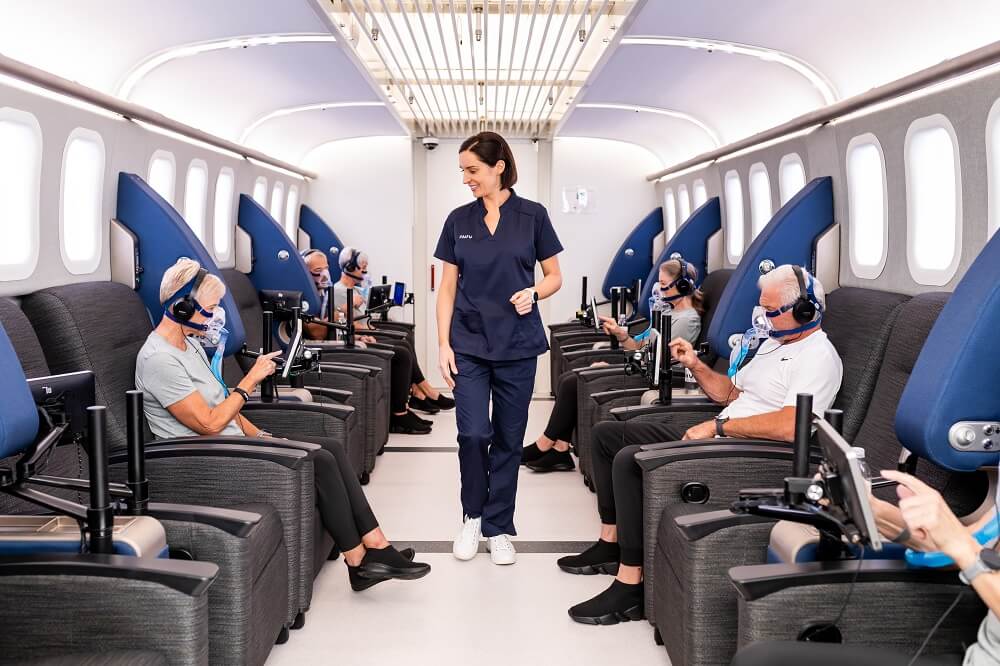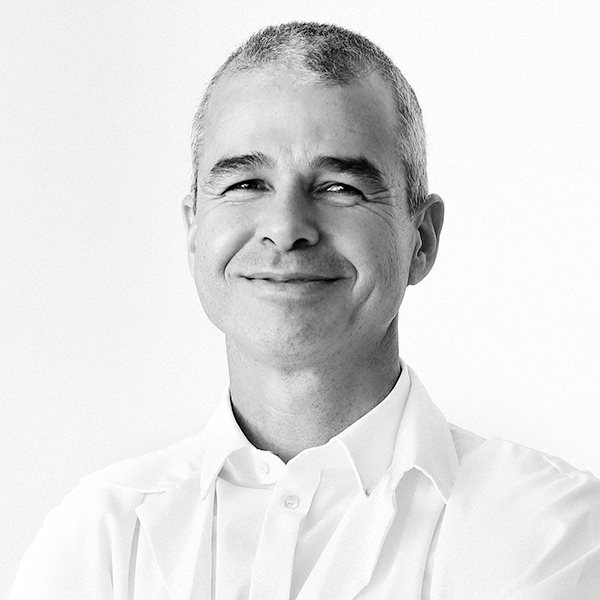
Boosting Brain Power: Preventing Age-Related Memory Loss


Age should not be a barrier to a good memory. While age-related memory loss is a common concern, it’s important to remember you can take steps to maintain your cognitive health and enjoy a fulfilling life as you get older.
This guide is for anyone who wants to preserve their mental sharpness—whether you’re a senior yourself, a caregiver, or simply interested in brain health. Let’s explore strategies to prevent age-related memory loss. Keep your mind sharp, your memory strong, and your spirit vibrant.
What Is Normal Age-Related Memory Loss?
As we get older, our bodies may become less efficient at delivering oxygen to our brains, potentially driving memory loss. You might forget familiar details like the names of people you know or the location of everyday items. This can be especially noticeable when trying to remember recent events or conversations, and can be temporary or permanent, affecting each individual differently.
Like many things in life, changes in memory are nuanced. It’s important to understand the differences between normal or age-related short-term memory loss, mild cognitive impairment (MCI), and more serious conditions like dementia.

Normal age-related memory issues include:
- Forgetting words or names
- Misplacing items
- Forgetting tasks like paying bills
MCI symptoms include the symptoms listed above in addition to:
- Using the wrong words or struggling to find the correct words
- Struggling with complex tasks, like balancing a checkbook
- Forgetting dates or tasks without using calendars or notes
- Feeling overwhelmed by decision-making or planning
Dementia involves a higher level of daily challenges. It includes all the symptoms above and also:
- Struggling to recognize family members or close friends
- Forgetting appointments, events, or important dates
- Getting lost in familiar places, like the home or neighborhood
- Experiencing changes in personality, mood, and behavior
- Repeating the same question or story within a short period
- Struggling to complete daily tasks like getting dressed or making a sandwich
- Experiencing paranoia or delusions
- Losing the ability to function independently
If you’re experiencing significant memory loss that interferes with your daily life, it’s important to lean on a trusted healthcare professional for guidance.
What Else Causes Memory Loss?
Besides getting older, other things can cause memory problems, too. This includes medical conditions and lifestyle factors.
Medical Conditions
- Alzheimer’s and other types of dementia: These are progressive conditions that can cause significant memory loss.
- Stroke: Strokes can damage brain tissue, which leaves individuals susceptible to memory problems.
- Depression: Depression can impact thinking and memory. People might remember the big picture but fail to remember small details. For example, someone might remember a vacation but forget their favorite meal from the trip.
- Vitamin deficiencies: A lack of vitamin B12 can affect your nervous system, impacting memory.
- Concussions: Falls and motor-vehicle accidents can injure the brain and cause memory loss
- Medication side effects: Many medications may have an impact on memory.
- Other medical conditions: Diabetes and hypothyroidism, among other conditions, may increase memory difficulties.
Lifestyle Factors
- Stress: Chronic stress can impact brain health and cognitive function.
- Lack of sleep: Insufficient sleep hinders your ability to remember and concentrate.
- Poor diet: Poor diet is a risk factor for age-related memory loss.
- Lack of exercise: Regular physical activity is important for brain health, particularly for learning and retaining information.
- Excessive alcohol or drug use: Substance abuse can damage parts of the brain used for memory.
- Accidents: A head injury, such as a concussion, can contribute to memory problems.

Strategies to Prevent Age-Related Memory Loss
The truth is, age-related memory decline does not need to be normal, so don’t buy into ageist stereotypes about memory decline.
Aging is a chance to improve. By embracing healthy habits and engaging your mind, you can unlock your full potential and continue to thrive as you age.
Start with these seven lifestyle strategies:
1. Mental Stimulation
Brain training offers a way to improve our cognitive function, much like exercise improves our physical health.
The wonderful thing about the human brain is that it is incredibly adaptable. When you engage in mentally stimulating activities, you create new neural connections and strengthen existing ones. This ability, known as neuroplasticity, allows your brain to learn, adapt, and grow.
The ACTIVE study found all areas of cognitive function measured—speed, memory, and reasoning—showed improvement as a result of cognitive training. Cognitive training was effective in the long term, still showing significant improvement after five years.
Actionable Tips:
Exercising your brain doesn’t have to be dull or difficult. There are tools like BrainHQ that provide easy access to state-of-the-art exercises for memory, attention, brain speed, people skills, decision-making, and navigation.
Other mentally stimulating activities include:
- Reading
- Completing a puzzle
- Engaging in activities that use all five senses
- Drawing, painting, or other artistic and creative hobbies
- Learn to play a musical instrument
However, doing the same activities over and over don’t necessarily help memory or train cognitive skills. Challenge yourself with new activities rather than just making a habit of doing your tried-and-true hobbies every day. This is great for training different cognitive skills.

2. Balanced Diet
While we often equate a healthy diet with physical appearance, it also cultivates a vibrant and sharp mind. A diet that elevates nutrition for brain health and cognitive performance provides “value for improving cognitive functioning, particularly during aging.”
Actionable Tips:
With all the fad diets and trends out there, it’s easy to get swept up in the chaos. The good news is, by keeping one diet in mind—the MIND diet—you may be able to steer clear of the chaos and remain productive and focused in your health journey.
The MIND diet is a fusion of the Mediterranean and DASH diet. It sticks to foods rich in phytonutrients, vitamins, and antioxidants—all of which are essential to brain health.
Specific ingredients to focus on include:
- Vegetables
- Berries
- Fish and poultry
- Nuts
- Whole grains
- Olive oil
Not every diet is appropriate for every person. For example, people with certain health conditions may not be well-suited for the MIND Diet. Check with your physician before adopting a new dietary plan.
3. Regular Physical Activity
There’s a reason why we feel so good, physically and mentally, after exercising. Regular physical activity is a powerful tool for enhancing brain health and combating memory decline.
Studies show exercise is linked to “improvements in neuroplasticity and cognitive function (learning and memory), as well as “volumetric retention in the left hippocampus.”
Actionable Tips:
It’s never too late to start exercising. The key is to find an activity you genuinely enjoy; this will make it easier to incorporate into your daily routine.
Once you’ve identified your activity, remember to:
- Start small. Begin with short, manageable workouts and gradually increase the duration and intensity.
- Find a workout buddy. Exercising with a friend can be more enjoyable and motivating.
- Mix it up. Try different activities to keep things interesting and prevent boredom.
- Make it convenient. Schedule workouts at a time that fits your schedule and choose a convenient location.
- Listen to your body. Pay attention to your body’s signals and avoid overexertion.
- Stay consistent. By making physical activity a regular part of your life, you can improve your overall health and well-being, including cognitive function.

4. Social Interaction
The negative physical and mental effects of social isolation and loneliness are real. But interacting with others fosters a sense of belonging, purpose, and emotional support, all of which have a positive impact on mental health and cognitive function.
Research notes “greater emotional support is significantly associated with greater cognitive performance.” and decreased risk of dementia.
Actionable Tips:
Make an effort to spend time with loved ones and consider joining social groups or clubs that align with your interests and values. Be a good listener and accept people’s help. When times get tough, it’s important to have a community to lean on.

5. Stress Management
There are times in life when the inevitable hits and stress suddenly overwhelms us. When stress increases, the body releases cortisol, a hormone that can interfere with the hippocampus, a part of the brain responsible for memory formation and retrieval.
During these times, it’s critical to look after yourself by safeguarding your mental health and memory function.
Actionable Tips:
While common stress management techniques like meditation and exercise are well-known, there are often-overlooked strategies that can be just as effective:
- Journaling. Expressing thoughts and emotions through writing can provide emotional release and clarity.
- Art therapy. Engaging in creative activities like painting, drawing, or music can be therapeutic and stress-relieving.
- Mindful meditation. Learning to “clear your head” can promote relaxation and focus.
- Forest bathing. Spending time in nature can help reduce stress and improve mood.
- Gardening. Gardening can provide a sense of accomplishment and relaxation.
- Pet therapy. Interacting with animals can be calming and stress-reducing.
- Laughter: Bringing daily laughter into your life lowers cortisol and increases endorphins.
6. Sleep Hygiene
Memories stabilize and can link together during sleep. If you’re going about your day with a lack of sleep, “your ability to learn new things could drop by up to 40%.” This is why sleep is essential to processing memories and problem-solving.
Actionable Tips:
Sleep is a two-part equation. Getting enough hours is essential, but creating a sleep-conducive environment is just as important.
- Limit screen time. The blue light emitted by electronic devices can interfere with sleep. Minimize screen exposure at least an hour before bed.
- Create a sleep-conducive environment. Ensure your bedroom is dark, quiet, and cool. Invest in comfortable bedding and pillows for optimal sleep.
- Get regular exercise. Engage in regular physical activity, but avoid intense workouts close to bedtime. This can make it harder to wind down.
- Limit fluid intake. Reduce fluid intake in the evening to minimize nighttime bathroom trips.
7. Regular Health Check-ups
Regular health check-ups are essential for monitoring health, managing conditions, and reviewing your medications. These screenings can help identify potential issues early on and provide opportunities to take steps toward better cognitive health.
Actionable Tips:
Cognitive function often takes a backseat during appointments. If it’s a concern, it’s important to prioritize this in your discussion with your provider. Your feelings and questions are important. Please don’t hesitate to share what’s on your mind.

The Power of Professional Support
Cognitive rehabilitation training can help keep your mind sharp and agile, just like physical exercise strengthens your muscles. Partnering with a professionally-guided cognitive training and rehabilitation program can help you gain access to individualized resources.
Here’s why it’s worth it:
- Tailored to your needs. The right medical team and program are designed specifically for you, taking into account your individual strengths and challenges.
- Expert guidance. Trained medical professionals will be there to support you every step of the way.
- Improved memory and focus. Cognitive training can help you remember things better and stay focused on tasks.
- Increased confidence. As your brain gets stronger, you’ll feel more confident and capable in navigating life on your own terms.
- Better quality of life. A sharper mind can lead to a more fulfilling and independent life.
The Aviv Medical Program

The right medical program isn’t out of reach. In fact, you’ve come to the right place.
The Aviv Medical Program transforms aging by leveraging the latest innovation in healthcare, a medical protocol only offered in the Western Hemisphere at Aviv Clinics in central Florida. We take a multidisciplinary approach to deliver personalized health plans backed by data and expertise.
Our program includes a comprehensive, personalized treatment plan that combines physical and cognitive exercises with other evidence-based therapies to prevent and improve memory loss. Depending on your health and improvement goals, your customized plan may include the world’s most advanced Hyperbaric Oxygen Therapy (HBOT) protocol combined with cognitive, physical, and/or nutritional training.
Our Unique Protocol
Aviv Clinics’ HBOT protocol uses 100% oxygen at varying levels to help awaken the body’s natural healing potential. Scientific evidence reveals that this protocol, which is different from the HBOT commonly employed at hospitals and wound care clinics:
- Elevates oxygen levels in the body
- Regenerates damaged tissue to heal faster
- Provides energy the brain needs to trigger the healing process
Learn More: Can Hyperbaric Oxygen Treatment Improve Memory Function?
From Obstacle to Opportunity: Client Success Stories
Judi and Alan sought proactive measures to maintain their health and well-being. Referrals from their sons led them to Aviv Clinics, where they embarked on a transformative journey. They appreciated the personalized care and accessible medical expertise the Aviv Medical Program provided, which instilled a newfound sense of confidence.
“His memory is so much better since we’ve done the program…I feel focused. I follow through on things.” —Judi
“[The physicians] were there for you no matter what the situation. It kind of felt like you were being taken care of by three excellent specialists and general practitioners all molded into one.” —Alan
Embrace Aging with Vitality
By incorporating these preventive measures into your daily routine and seeking professional guidance, you can proactively protect your cognitive health and maintain a vibrant mind as you age.
To learn more about our personalized cognitive training and rehabilitation programs, contact Aviv Clinics today.




